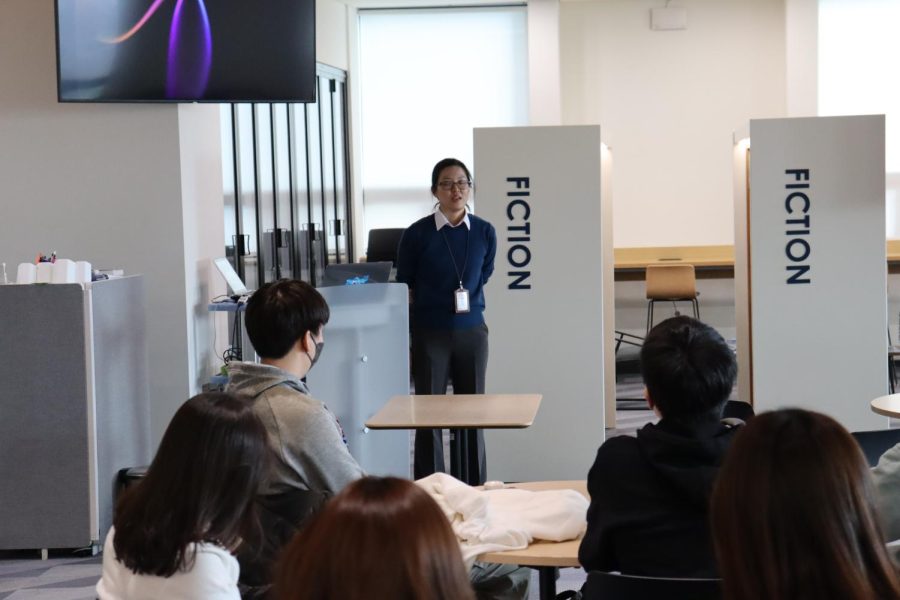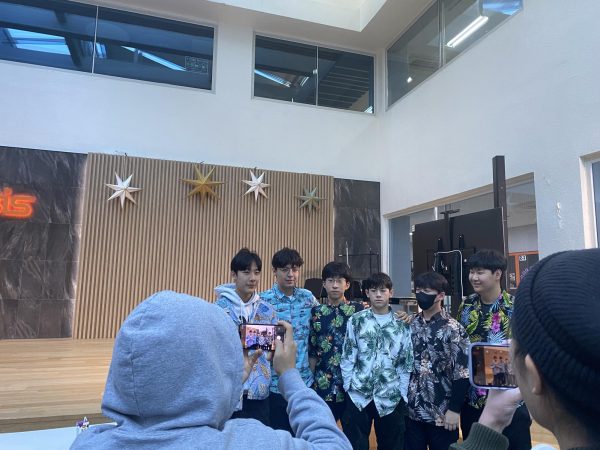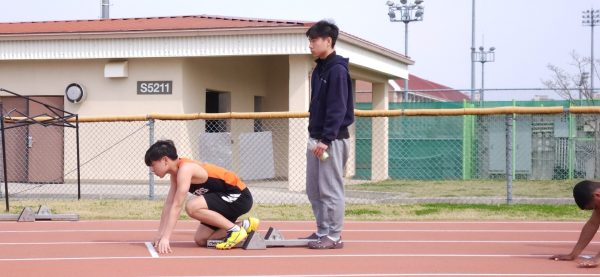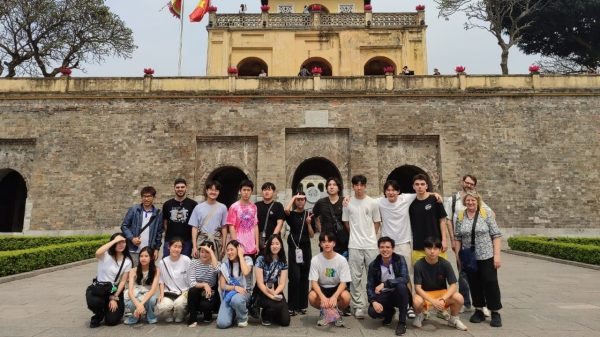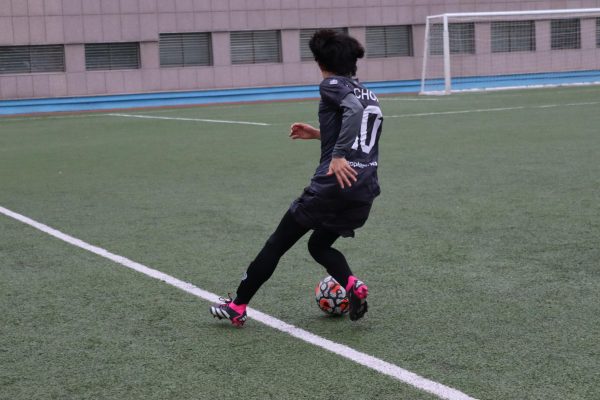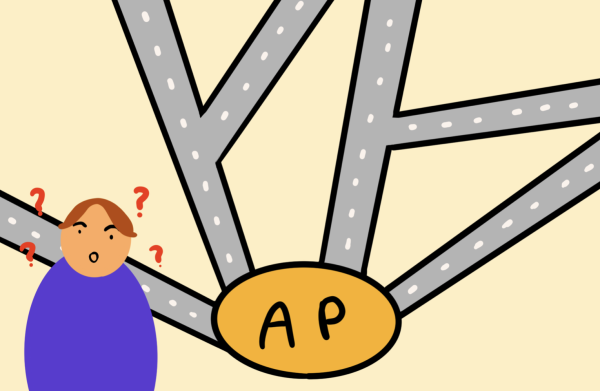Meet Bora Chung, author of ‘Cursed Bunny’
On March 20, author of “Cursed Bunny” Bora Chung held meetings during English classes and Kaleidoscope to answer questions and interact with students. She is the first author since the pandemic to visit our school.
Prior to the meeting, students were able to preorder “Cursed Bunny” with a message of choice signed by Chung.
While the presentation content varied meeting by meeting, she first introduced herself and her education background in Russian/Slavic literature, and moved onto the basis of her stories, which is traditional folklore of Korea and other Southeast Asian countries. The meeting then transitioned to being more interview-based, with Chung answering questions from the audience.
“I found the discussion with Bora Chung as an unique experience, especially her emphasis on white, able-bodied, heterosexual males and the polarization of gender in certain genres,” Jeffrey You (11), an audience member of the presentation, said. “Furthermore, gaining insight directly from the author of a book we read and learned about in school was truly thought-provoking.”
When asked about what social issues she tackles in her literature, Chung described issues pertinent to Korea, such as discrimination against sexual minorities, inherent racism, and discrimination against disabled individuals. She was particularly vocal about how Korean society was built around able-bodied people, mentioning instances where disabled people were unable to drink or eat food due to lack of accessibility in bathrooms.
“Police stations need to build ramps so disabled people can get arrested,” Chung further said.
The most unique trait of Chung was her personality; she is often self-deprecating of her own work, yet bold on social issues. She has a dark outlook on Korea, deeming its social issues unfixable and even calling her own parents “stuck in the past,” able to understand economic growth but not sexual minorities.
“One of the things that struck me right away was how self-deprecating she is,” Tim Gardes, an organizer of the meetings, said. “I thought that would actually strike a chord with some of our students who are quite talented, but don’t always have the self-confidence to fully inhabit their talent; to not be cocky, but to follow a passion and be good at something and feel confident about that. Her sense of internal dialogue of ‘Am I really a writer?’, ‘Am I a good writer?’ came through, and I think that’s really valuable.”
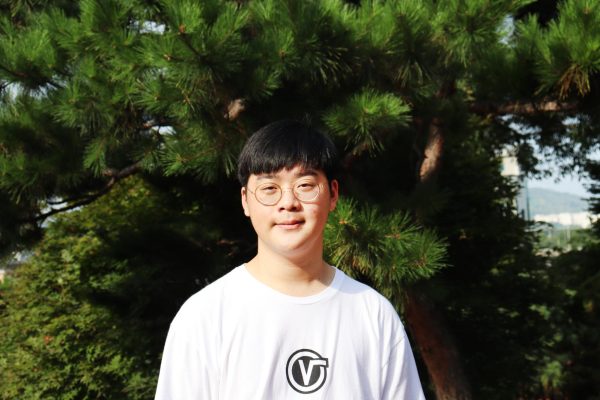
Andrew is a senior reporter for Tiger Times Online. He enjoys cycling, watching anime, and listening to some ? jazz ? in his off-time. Feel free to approach...
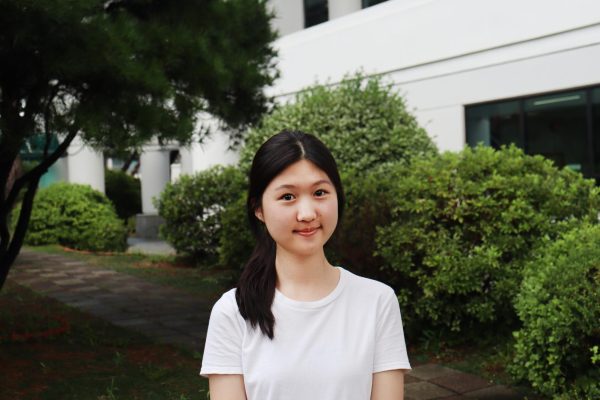
Cherlin Kim is a senior managing editor for Tiger Times. She is interested in public speaking, literature, and learning about different cultures. She enjoys...

